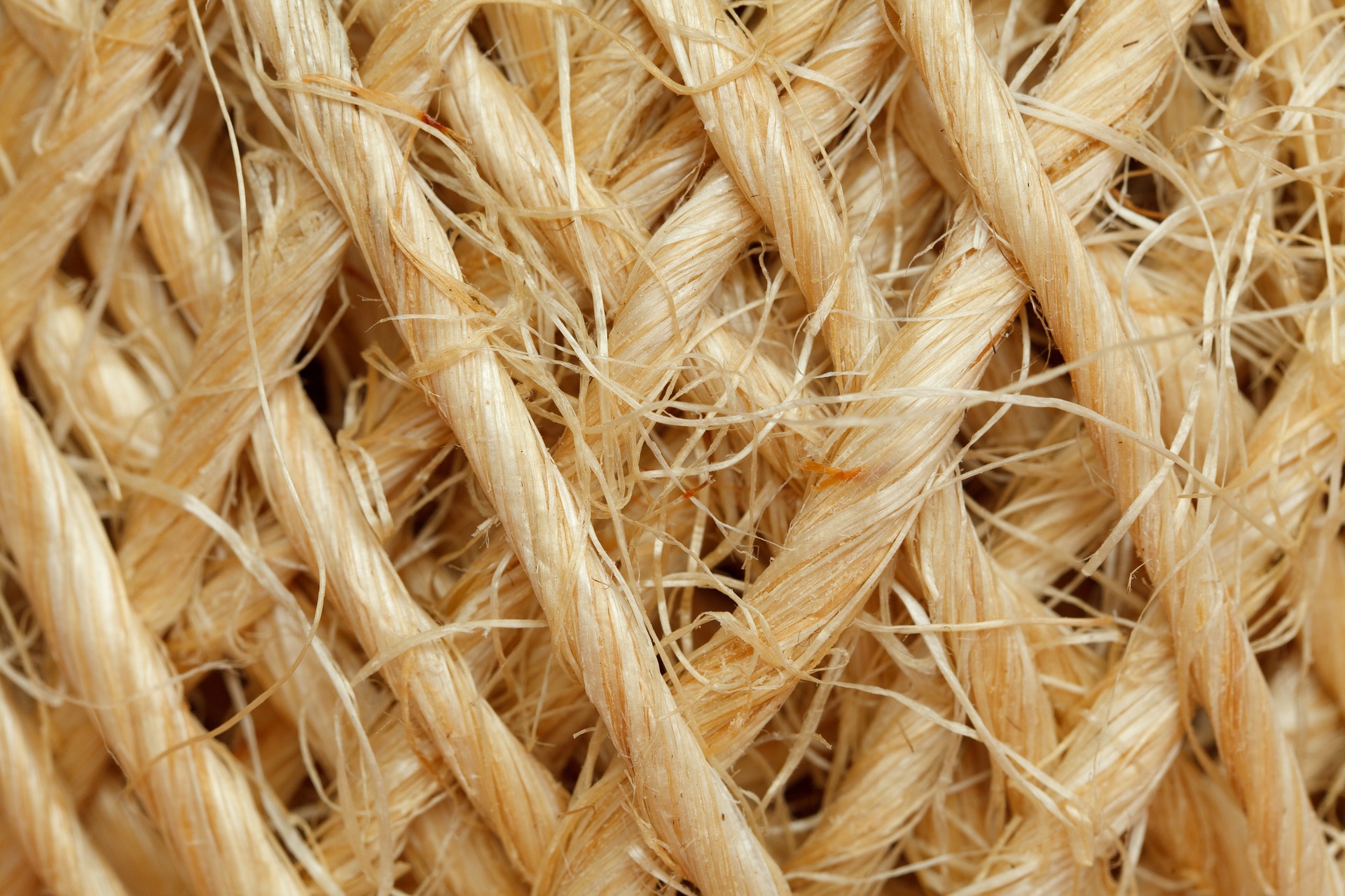Fibre ins and outs
Fibre, also called roughage, is the part of plant-based foods that doesn't get digested. Natural, unprocessed or "whole" foods have more fibre than processed, or refined, foods because the fibrous parts are removed during processing.
There is no fibre in meat, dairy, sugar, white bread or white pasta.
There are several kinds of fibre, broadly divided into soluble and insoluble, which have different digestive effects and health benefits. Most foods contain both, but in varying quantities of each.
Insoluble fibre has digestive effects.
It bulks up stool so that it's easier to pass and it helps food move through the digestive system. In general, that's a good thing as it keeps us regular and prevents constipation.
! Some sensitive foodies can't tolerate too much insoluble fibre as it makes their digestive systems go into overdrive, causing diarrhoea. It can also cause gas or bloating.
Foods with a high proportion of insoluble fibre:
- Wholegrains, brown rice
- Cauliflower, tomatoes, cucumber
Soluble fibre has overall health benefits
A high intake of soluble fibre has been shown to decrease the collection of health issues known as "metabolic syndrome" that can lead to heart disease, diabetes and stroke. Specifically, it regulates blood sugar levels, lowering the risk of diabetes, and lowers blood LDL cholesterol (so-called "bad" cholesterol) levels, reducing the risk of heart disease.
Soluble fibre is also thought to help maintain blood pressure, reduce inflammation, and improve levels of HDL (good) cholesterol.
Foods with a high proportion of soluble fibre:
- Beans, lentils
- Oats, barley
- Peas
- Citrus fruits, blueberries, apples

Weight management and other goodies
When you eat food rich in bulky insoluble fibre you tend to feel fuller sooner and for longer. And if you're also taking in a lot of insoluble fibre, the effect on your blood sugar levels reduces cravings and helps to maintain your body's ability to burn fats.
Fibre has been linked to longevity, reduced risk of cancer and, through its digestive "cleaning" effects, can even improve skin health as toxins are flushed out rather than absorbed.
Men need between 30 and 40g
Women need between 20 and 25g
♡ Add flaxseed if you can't tolerate other sources of fibre. Flaxseeds are high in fibre. Add them to salads or grind them and add to smoothies, sauces, etc.

